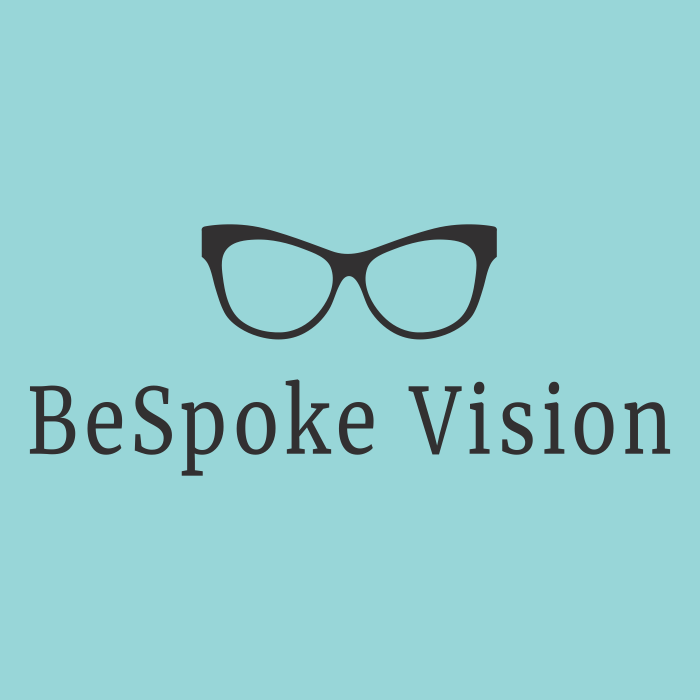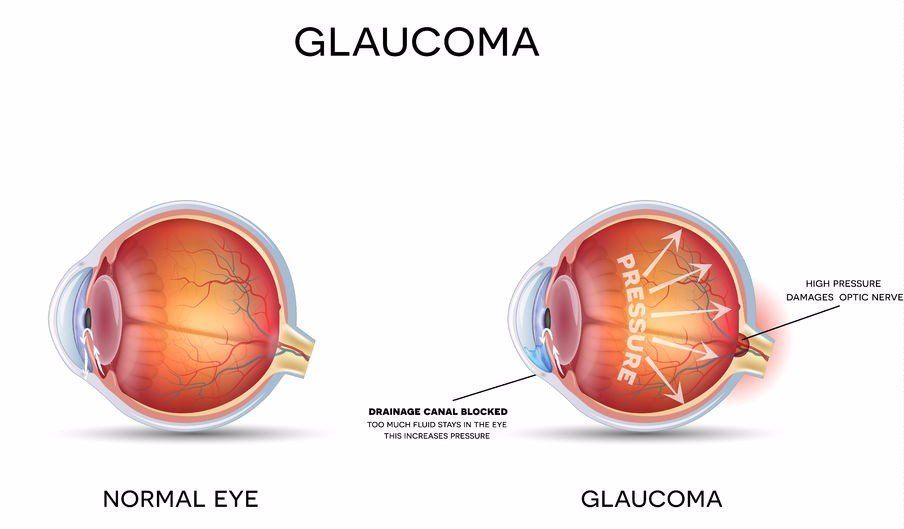Why Is Glaucoma Awareness Important?
If you’ve been following along on the journey to a better understanding of glaucoma, you’re in luck because the Eye-Q blog has one last informative post for you. This week we will be wrapping up Glaucoma Awareness Month with a brief re-cap of the highlights from the last two posts, some surprising statistics, and ways you can help spread awareness. Hopefully, over time, this awareness can help lessen the number of people who will needlessly lose their sight from glaucoma. If you haven’t yet checked out our other two posts about this disease, you can find part one here and find part two here ! If you prefer the CliffsNotes version, here are just a few key glaucoma facts we covered:
The Facts
- Blindness currently ranks third as people’s biggest health fear.
- Glaucoma is a leading cause of blindness not just in the US, but in the world.
- The two main forms of glaucoma are open-angle and angle-closure.
- There are also several other forms of glaucoma which include normal-tension, secondary, and congenital.
- Glaucoma typically exhibits no symptoms or warning signs until vision is lost.
- Everyone is at risk for glaucoma, however, some of the stronger risk factors include - being age 40 or older, a family history of glaucoma, systemic conditions such as diabetes and high blood pressure, thin corneas, recent eye surgery or injury, and having a very high glasses prescription.
- Yearly eye health exams are an important part of early detection and the prevention of sight loss.
- Several tests are used to diagnose glaucoma including: visual field tests, tonometry, pachymetry, gonioscopy, and optic nerve imaging.
- There is currently no cure for glaucoma, however, the disease can usually be controlled before it progresses to the point of vision loss as long as it is detected and treated early.
- Some treatments for glaucoma can include eye drops, oral medications, laser surgery, and conventional surgery.
The Numbers
Think glaucoma isn't that big of an issue? Think again. Check out these surprising statistics.
- According to the
Glaucoma Research Foundation , an estimated 4 million Americans have glaucoma but only half of those individuals are aware of their condition.
- In the U.S. alone glaucoma accounts for nearly 12% of all cases of blindness - around 120,000.
- Worldwide, the number of suspected cases of glaucoma is a staggering 70 million.
- Glaucoma is the leading cause of blindness among African Americans and is 6 to 8 times more common than in Caucasians.
Why Awareness Is Important
Early detection of glaucoma is absolutely essential in preventing blindness and vision loss. This is done through yearly eye health examinations. Since glaucoma typically exhibits no warning signs or symptoms until it is too late, spreading awareness of the disease plays an important role in preventative methods against sight loss. After all, if a disease has no signs or symptoms and is something you've never even heard of before - how would you know if you have it or not?
A survey done for the
Glaucoma Research Foundation found that of the 1,000 people interviewed over 25% were completely unfamiliar with glaucoma.
Another survey from
Prevent Blindness America found:
- 30% had never even heard of glaucoma.
- 50% had heard of the disease, but didn’t know what it was.
- 20% thought glaucoma had symptoms, was easily cured, and did not lead to blindness.
What You Can Do
Glaucoma is a rising epidemic and a leading cause of blindness around the world. But it doesn’t have to be. The more people are aware of the disease and its risk factors, hopefully the more people will be able to take pro-active methods to stop the disease in its tracks. Here are a few ways you can help spread awareness not only during Glaucoma Awareness Month, but at any time.
- Have a yearly eye exam and encourage those around you to do the same.
- Also visit the
Bright Focus Foundation - another great non-profit that provides education and research.
- Educate friends and family about glaucoma.
- Get involved in your community through fundraisers and group discussions - have your local eye doctor or other glaucoma expert be a guest speaker.
- Share these posts on social media.
Don't be blind sided by glaucoma.... call our office at 405-341-2062 to set up your comprehensive eye examination and glaucoma screening.





